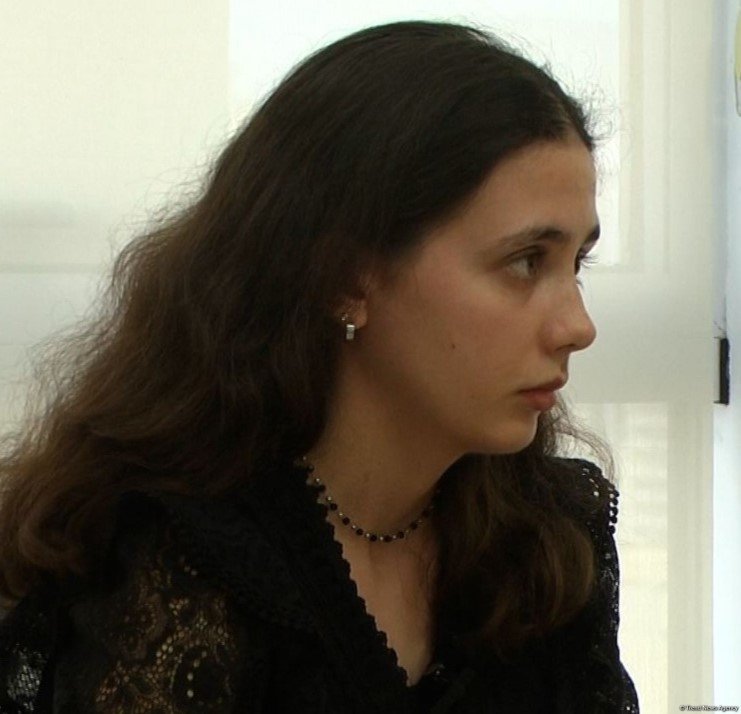BAKU, Azerbaijan, June 27. The EU is currently conducting a mid-term assessment of the Multi-annual Indicative Programme (MIP) 2021–2027 for Tajikistan, lead spokesperson for Foreign Affairs and Security Policy of the European Commission Peter Stano told Trend.
"The Multi-Annual Indicative Program currently covers the period 2021–2027. A new MIP will not be adopted before the end of 2027. Currently, a mid-term review of the current MIP is ongoing, with a planned adoption this year that will cover the period 2025–2027," he explained.
Stano emphasized that the three priority areas of EU engagement in Tajikistan, addressed by the first phase of Multi-Annual Indicative Program for 2021-2024, remain unchanged in the Mid-Term Review. These priorities include promoting an inclusive green and digital economy, advancing human development, and enhancing natural resource management efficiency and resilience. The initial phase of the Multi-Annual Indicative Program for 2021–2024 is supported by a budget envelope of 91 million euros.
He added that programs have been adopted to reform the power sector, promote green energy solutions, improve rural drinking water supply and sanitation, enhance Technical and Vocational Education and Training (TVET), and support employment, along with facilitating a green transition through the Cotton Value Chain.
“More broadly, the EU is committed to helping Tajikistan reach middle-income status and become a more resilient neighbor to Afghanistan, vis-à-vis the pressures from Russia and China. The objectives of EU support for Tajikistan have been to increase prosperity, facilitate the implementation of necessary governance and economic reforms, and increase the resilience and stability of the country while also supporting greater cooperation between the countries of the region in line with the EU Strategy on Central Asia and the Global Gateway," Stano said.
The spokesperson highlighted that the Global Gateway strategy represents the EU's initiative to reduce global investment disparities and enhance smart, clean, and secure connections in the digital, energy, and transport sectors, as well as strengthen health, education, and research systems.
“In a Team Europe approach that brings together the European Union, EU Member States, and European development finance institutions, the EU aims to mobilize up to 300 billion euros in public and private investments from 2021 to 2027, creating essential links rather than dependencies, and closing the global investment gap,” he noted.
Moreover, Stano pointed out that in November 2019, Tajikistan formally proposed upgrading the current Partnership and Cooperation Agreement (PCA, in force since 2010) with the EU through the negotiation of an Enhanced Partnership and Cooperation Agreement (EPCA).






